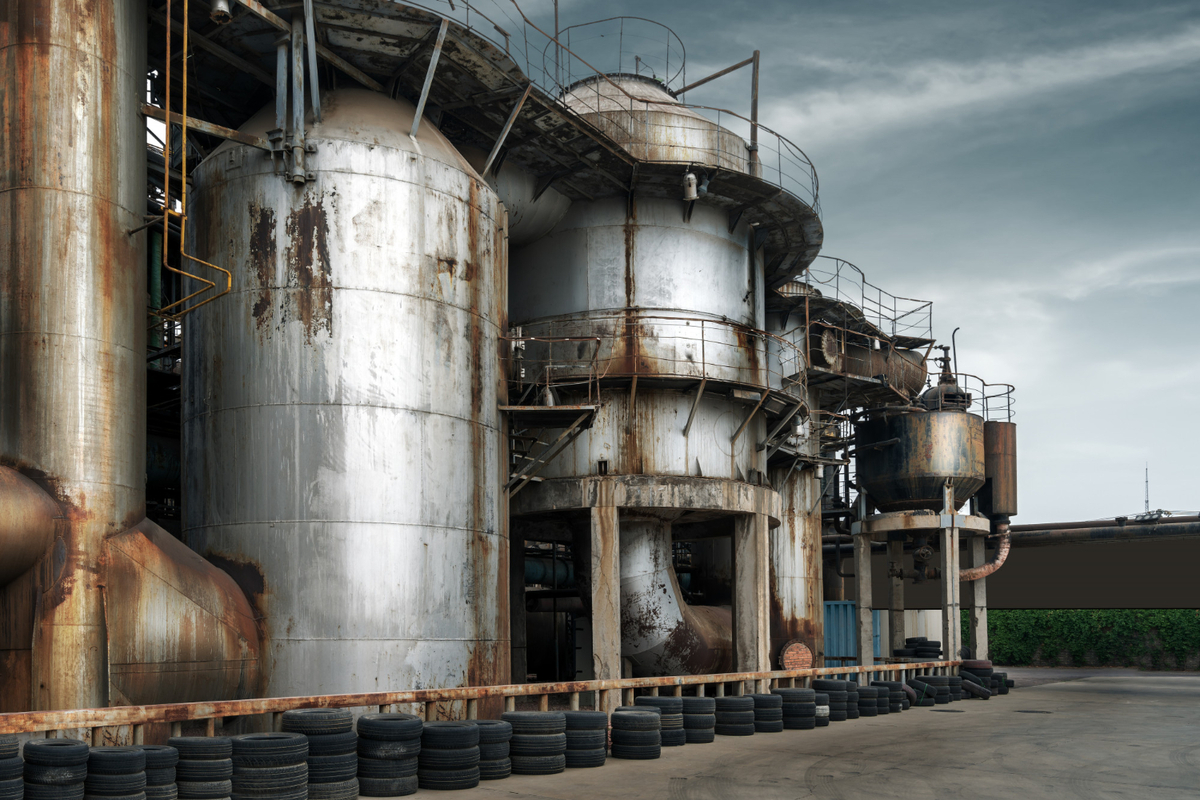Understanding the Importance of a Diesel Exhaust Fluid Plant
A diesel exhaust fluid plant is essential for producing DEF, a solution critical for reducing nitrogen oxide emissions in diesel engines. These plants play a significant role in ensuring that diesel vehicles meet stringent environmental regulations while maintaining optimal engine performance.
Establishing a well-designed diesel exhaust fluid plant enables businesses to produce high-quality DEF efficiently, ensuring compliance with ISO 22241 standards and supporting sustainability goals.
Choosing the Right Location
Location is a crucial factor when setting up a diesel exhaust fluid plant. The site should have sufficient space for production equipment, storage tanks, and logistics operations. Proximity to transportation routes and raw material suppliers further enhances operational efficiency.
When planning your diesel exhaust fluid plant, consider accessibility for distribution networks. A well-connected location reduces transportation costs and ensures timely delivery of DEF to clients.

Essential Equipment for DEF Production
A fully operational diesel exhaust fluid plant requires specific equipment, including mixing tanks, deionized water systems, and automated blending machines. These components are critical for producing DEF that meets strict quality standards.
Investing in advanced equipment ensures precise urea-water blending and minimizes production errors. This enhances the efficiency and reliability of your diesel exhaust fluid plant.
Maintaining Quality Standards
Quality control is vital in a diesel exhaust fluid plant. Regular testing of urea concentration and water purity ensures the DEF complies with ISO standards. Advanced monitoring tools help maintain consistency in every batch.
Implementing strict quality assurance protocols reduces the risk of producing substandard DEF. A focus on quality not only protects diesel engines but also builds trust with customers and partners.
Optimizing Energy Usage
Energy efficiency is a key consideration when running a diesel exhaust fluid plant. Using energy-efficient equipment and optimizing production processes can significantly reduce operational costs.
Incorporating renewable energy sources into your plant’s power supply further enhances sustainability. This approach supports both cost savings and environmental goals, making your diesel exhaust fluid plant more competitive in the market.
Managing Raw Material Supply
Securing a reliable supply of high-purity urea and deionized water is essential for the smooth operation of a diesel exhaust fluid plant. Establishing strong partnerships with reputable suppliers ensures consistent availability of raw materials.
Effective inventory management reduces waste and prevents production disruptions. A well-managed supply chain is critical to the long-term success of your diesel exhaust fluid plant.
Scaling Production for Growth
A scalable diesel exhaust fluid plant allows businesses to adapt to increasing demand. Modular production systems enable seamless expansion without significant downtime or capital investment.
Planning for scalability from the outset ensures your plant remains competitive in a growing market. A flexible production setup supports future growth and positions your diesel exhaust fluid plant for sustained success.

Ensuring Safety and Compliance
Safety is paramount in a diesel exhaust fluid plant. Adhering to safety regulations and implementing best practices minimizes risks for workers and the environment. Regular inspections and employee training are essential for maintaining a safe workplace.
Compliance with local and international standards ensures your diesel exhaust fluid plant operates legally and ethically. This commitment to safety and compliance strengthens your reputation and enhances operational reliability.
Conclusion
Setting up a diesel exhaust fluid plant requires careful planning, investment in quality equipment, and adherence to strict standards. By focusing on efficiency, scalability, and sustainability, businesses can produce high-quality DEF while minimizing costs and environmental impact. With a well-designed plant, companies can meet growing demand and contribute to cleaner, more sustainable diesel operations.
Frequently Asked Questions
- What is a diesel exhaust fluid plant?
- A facility designed to produce DEF by blending high-purity urea with deionized water according to ISO standards.
- Why is location important for a DEF plant?
- A well-located plant reduces transportation costs and ensures efficient distribution of DEF.
- What equipment is essential for DEF production?
- Key components include mixing tanks, deionized water systems, and automated blending machines.
- How can I maintain quality standards in a DEF plant?
- Regular testing and monitoring ensure the DEF complies with ISO standards and maintains consistency.
- Is scaling production possible in a DEF plant?
- Yes, modular systems allow for easy expansion as demand grows, ensuring the plant remains competitive.
- What safety measures are needed in a DEF plant?
- Regular inspections, employee training, and adherence to safety standards minimize risks and ensure compliance.
- How can energy efficiency be improved in a DEF plant?
- Using energy-efficient equipment and incorporating renewable energy sources reduces costs and environmental impact.

